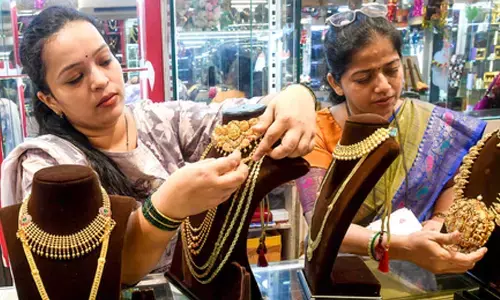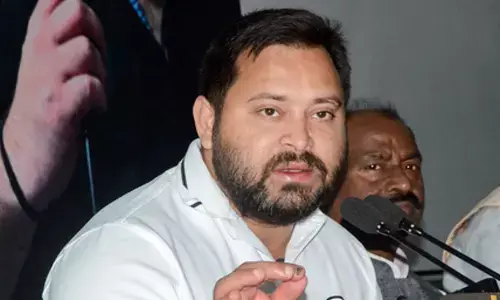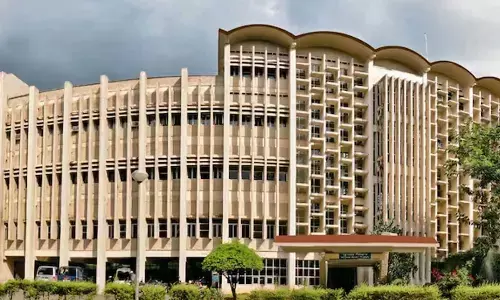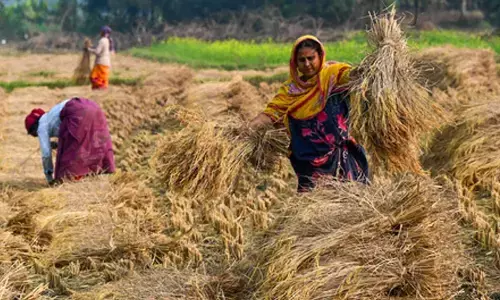Bomb carnage casts pall over Sri Lanka's tourism revival
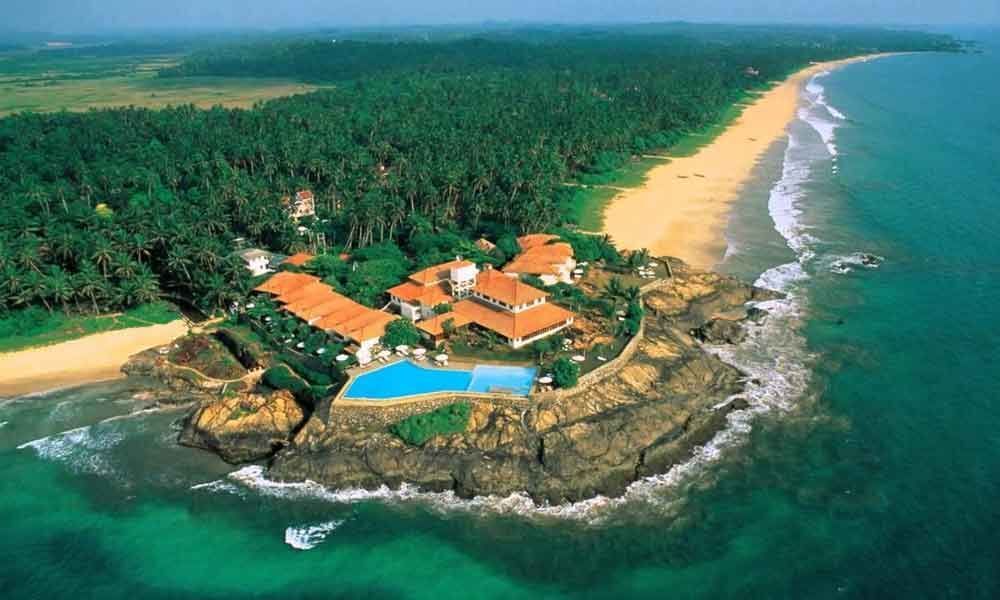
With its capital under curfew following devastating Easter Sunday bomb attacks on churches and upmarket hotels, Sri Lanka is filled with fear, horror and grief and tourists who have been flocking to the Indian Ocean island could cancel in droves.
With its capital under curfew following devastating Easter Sunday bomb attacks on churches and upmarket hotels, Sri Lanka is filled with fear, horror and grief and tourists who have been flocking to the Indian Ocean island could cancel in droves.
A tweet posted on the travel booking website First Choice captured the trepidation among holidaymakers, while some airlines and travel agents said they would waive cancellation charges for people scheduled to travel imminently.
"What are you doing about the holidays you have booked to that country?" tourist Judith Ann Clayton asked on the social media site. "Clearly it is unsafe for anyone to go there."
Others set to travel said they would not to be cowed into cancelling. "Not giving in to terror. We want to support you in your time of need. Never gave any thought about cancelling our trip," Facebook user John Karmouche said in a post.
Named by the Lonely Planet guide for independent travellers as the best country to visit in 2019, Sri Lanka had rebuilt its image as a tropical paradise after crushing a long-running separatist insurgency by ethnic minority Tamils a decade ago.
Arrivals of 2.3 million last year were up by more than 400 percent on 2009 levels, according Sri Lanka Tourism Development Authority data. But the suicide bombers who killed at least 290 people, including 32 foreigners, and wounded 500 have in all likelihood ended the boom in tourism for some time.
Denmark's richest man, Anders Holch Povlsen, and his wife lost three of their four children in a blast at one of the hotels. A British mother and son were killed at a breakfast buffet and two Australians were also among the dead.
The US State Department said in a revised travel advisory of the danger of "terrorist groups" plotting more attacks. Targets could include tourist locations, transport hubs, shopping malls, hotels, places of worship and airports.
Other governments, including Japan and Australia, have also cautioned citizens planning travel to Sri Lanka.
Prime Minister Scott Morrison told Australians "reconsider your need to travel and avoid all affected areas".
Two major airlines in neighbouring India, state-owned Air India and the largest carrier Indigo, owned by Interglobe Aviation, said they would waive rescheduling and cancellation charges for travel scheduled before April 24.












